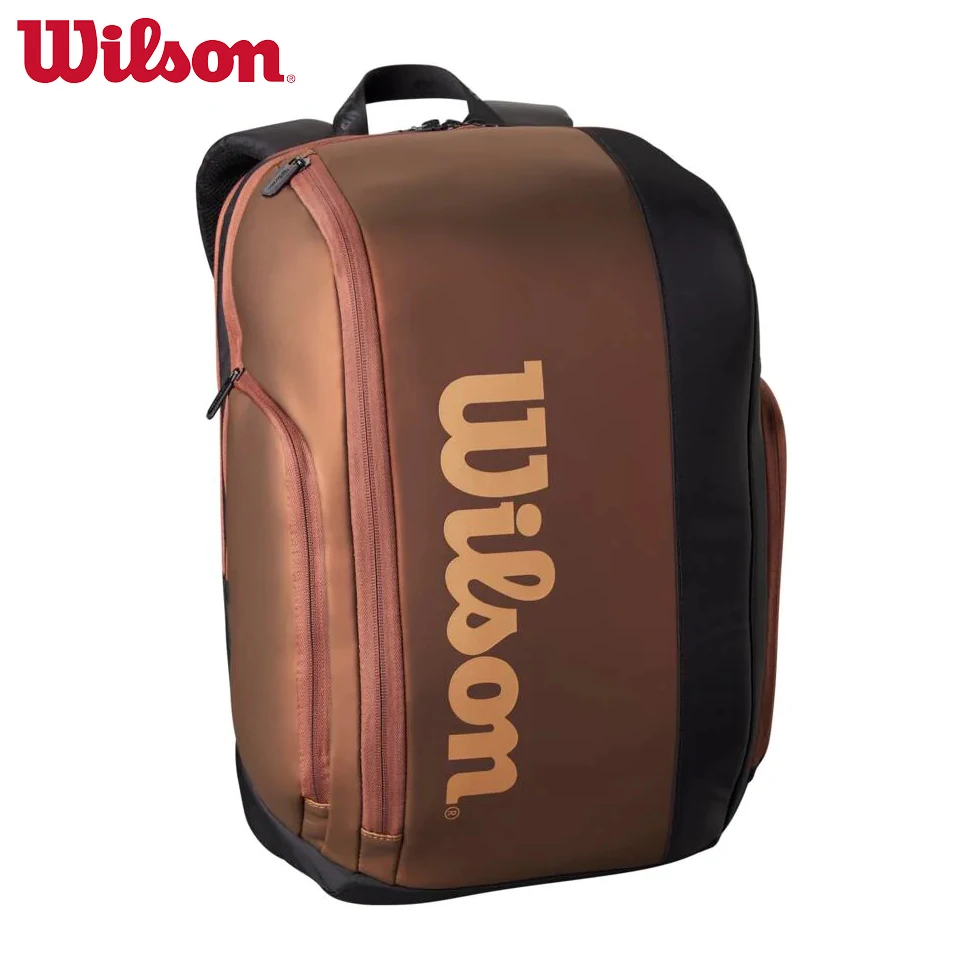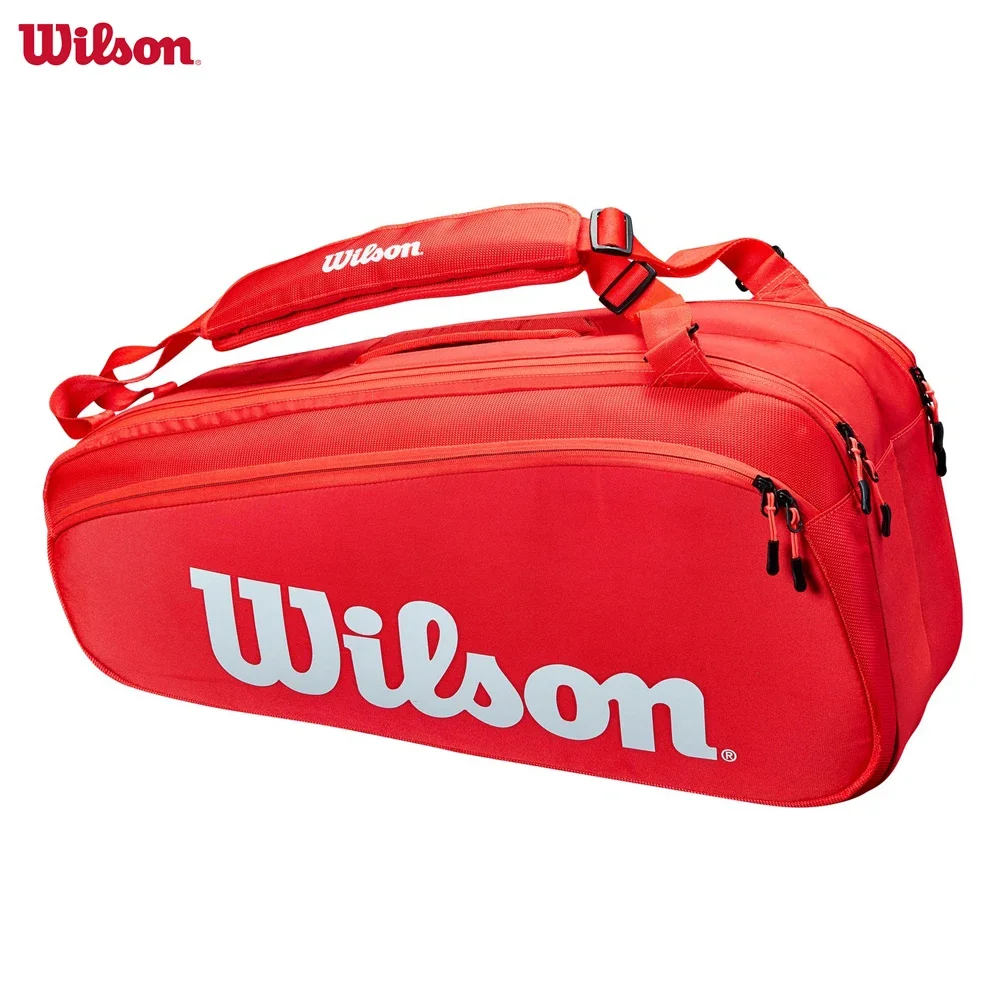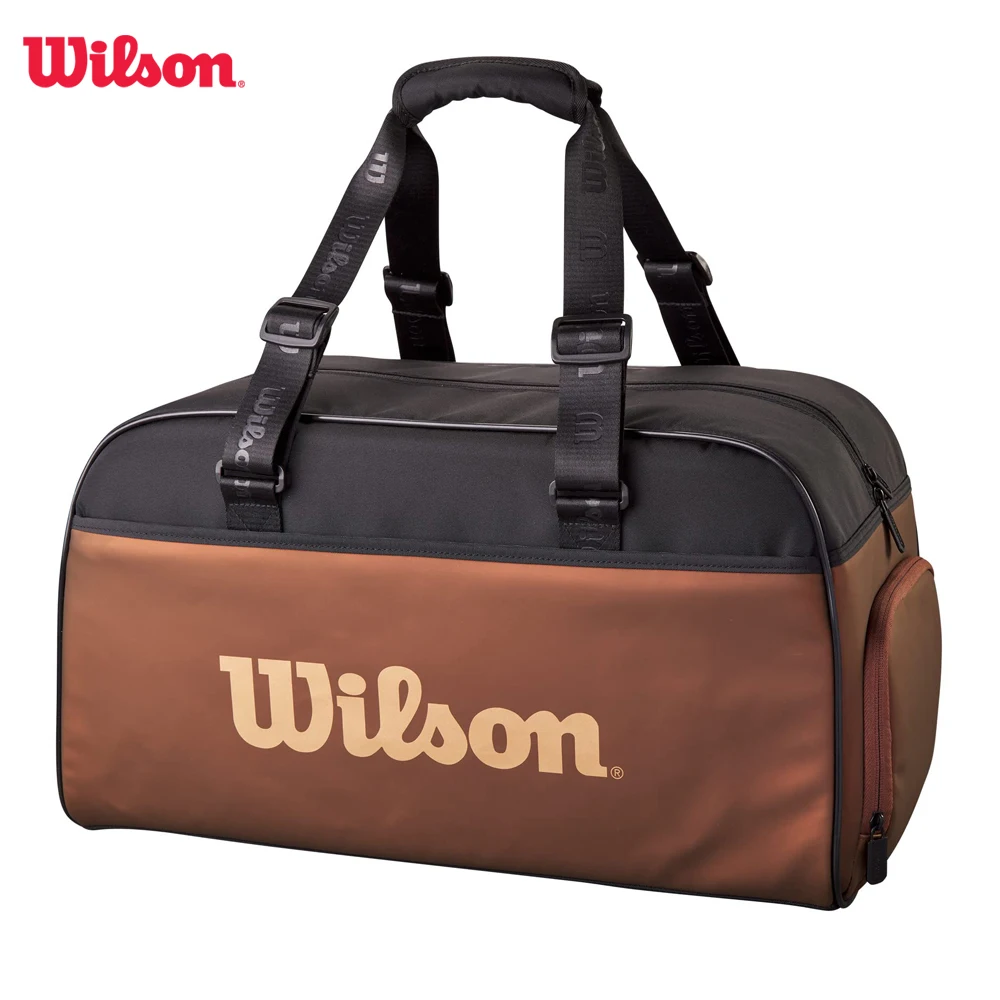Pros and Cons of Hard Courts for Tennis
Hard courts are a popular option for tennis courts due to their durability and low maintenance requirements. However, there are also some drawbacks to using hard courts that should be considered before making a decision.
Pros of Hard Courts:
- Durability: Hard courts are extremely durable and can withstand heavy use. They are also resistant to damage from weather and other factors.
- Low Maintenance: Hard courts require very little maintenance. They do not need to be watered or fertilized, and they can be easily cleaned with a broom or power washer.
- Consistency: Hard courts provide a consistent playing surface, which is ideal for both recreational and competitive play. The ball bounces at a predictable height and speed, which makes it easier to control.
- Speed: Hard courts are typically faster than other types of courts, which can lead to more exciting and dynamic gameplay.
- Accessibility: Hard courts are accessible to players of all levels, from beginners to professionals. They are also suitable for use in a variety of climates.
Cons of Hard Courts:
- Hard on Joints: Hard courts can be hard on the joints, especially for players who are prone to injuries. The impact of landing on a hard surface can put stress on the knees, ankles, and other joints.
- Slippery When Wet: Hard courts can become slippery when wet, which can increase the risk of falls and injuries.
- Less Comfortable: Hard courts are less comfortable to play on than other types of courts, such as clay or grass. The hard surface can be abrasive on the skin and shoes.
- Heat Reflection: Hard courts can reflect heat and sunlight, which can make them uncomfortable to play on in hot weather.
- Noise: Hard courts can be noisy, especially when the ball is hit hard. This can be a problem for players who are sensitive to noise or who live in close proximity to other homes or businesses.
Related Questions:
- What is the best type of hard court for tennis? The best type of hard court for tennis is one that provides a consistent playing surface and is not too hard or slippery.
- How can I reduce the risk of injuries on a hard court? You can reduce the risk of injuries on a hard court by wearing proper footwear and using a shock-absorbing mat.
- What is the lifespan of a hard court? The lifespan of a hard court depends on the quality of the construction and the amount of use it receives. However, most hard courts will last for at least 10 years.
- How much does it cost to build a hard court? The cost to build a hard court will vary depending on the size of the court and the materials used. However, you can expect to pay between $10,000 and $25,000.
- Are hard courts good for beginners? Hard courts are suitable for beginners because they provide a consistent playing surface and are easy to maintain.
Related Hot Sale Products:
- Wilson Pro Staff Tennis Racket
- Nike Air Zoom Vapor Pro Tennis Shoes
- Babolat RPM Blast Tennis String
- Wilson Tourna Grip Overgrip
- Head Extreme Tennis Bag
Pre:Why are hard courts the best courts in tennis
Next:I wear size 9 Under Armour running shoes What size American football cleat Nike should I order
















